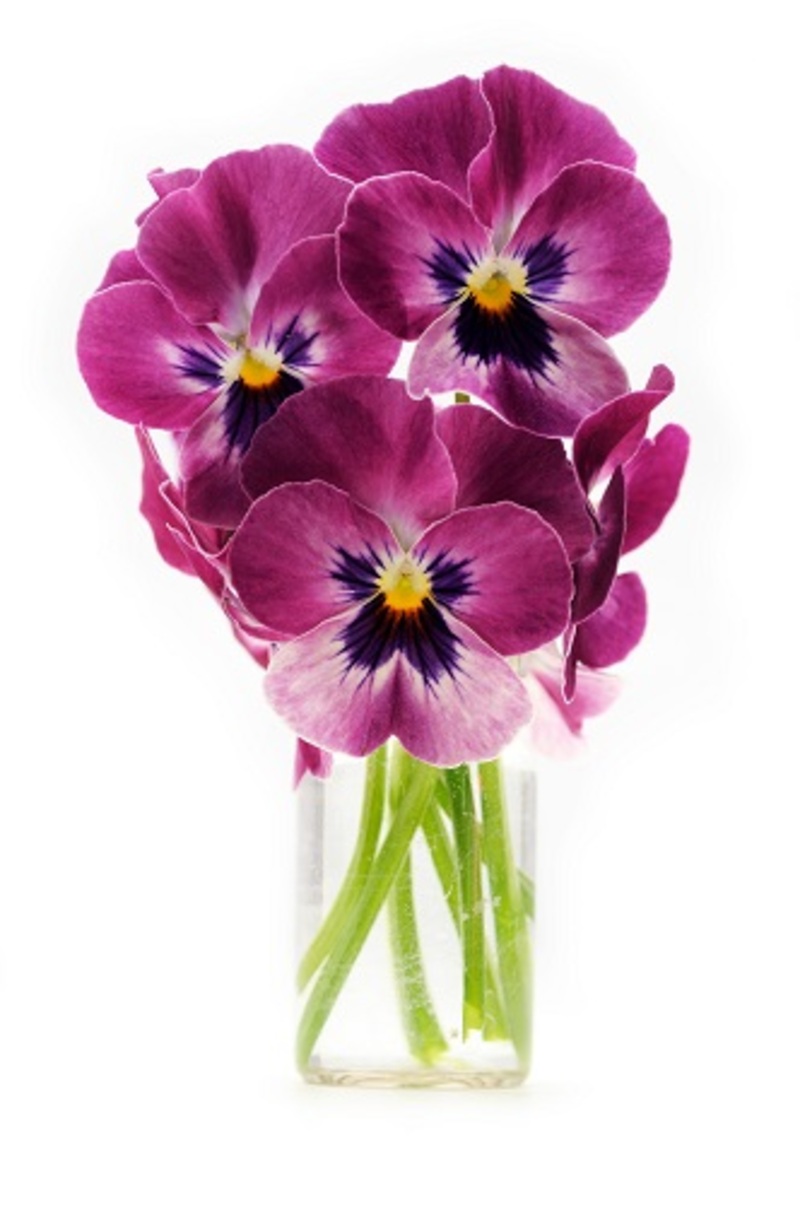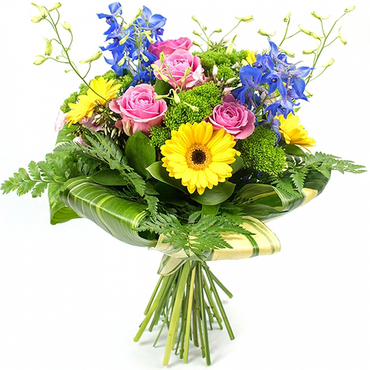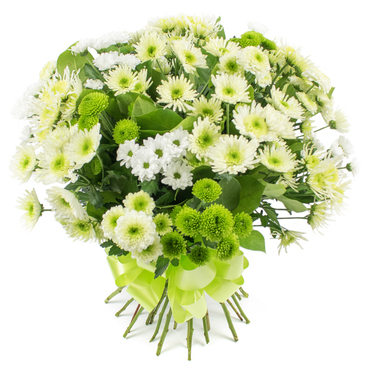The Art of Orchid Care: Tips for Keeping Your Plant Healthy
Posted on 18/08/2025
Orchids are one of the most coveted and stunning plants in the world, known for their delicate blooms and exotic beauty. While they may seem delicate and difficult to care for, with proper knowledge and attention, orchids can thrive and bring joy for years to come.
In this article, we will explore the art of orchid care, providing you with valuable tips on how to keep your plant healthy and beautiful.
The Basics of Orchid Care
Before diving into specific care tips, it's important to understand the basics of orchid care. These elegant plants require a balance of light, water, humidity, and temperature to thrive. Choosing the right potting medium and fertilizers also play a crucial role in keeping your orchid healthy.
Orchids are tropical plants that prefer bright, indirect light. Placing them near a south-facing window or under grow lights will provide them with the required amount of light. They also need consistent moisture but not overly wet conditions as this can lead to root rot. Orchids also thrive in humid environments, so it's important to increase humidity levels if you live in a dry climate.

Choosing the Right Potting Medium
The type of potting medium you choose for your orchid is critical for its health. Orchids typically don't grow in soil like other houseplants; instead, they are epiphytes which means they grow on trees and rocks in their natural habitat. Some popular potting mediums for orchids include bark chips, sphagnum moss, and coconut husk chips.
It's essential to choose a well-draining potting medium that allows air circulation around the roots. This will prevent waterlogged roots and fungal infections. Additionally, repotting your orchid every few years is necessary as their potting mix breaks down over time.
Fertilizing Your Orchid
Fertilizing your orchid is crucial to promote healthy growth and vibrant blooms. Choose a balanced fertilizer with equal amounts of nitrogen, phosphorus, and potassium. During the active growing season (spring to fall), fertilize your orchid every other week. As the plant enters its dormant period in winter, reduce fertilization to once a month.
Be careful not to over-fertilize your orchid as this can cause damage. Signs of over-fertilization include brown or black tips on leaves and roots, weak root growth, and a decline in overall health.
Common Pests and Diseases
Like any other houseplant, orchids are susceptible to pests and diseases. The most common pests that may affect your orchid include mealybugs, spider mites, scale insects, and aphids. These can be controlled by regularly inspecting your plant for signs of infestation and using natural or chemical remedies if necessary.
Some common diseases that may affect orchids include fungal infections such as root rot and bacterial diseases like black spot disease. Proper care practices such as proper watering techniques and good air circulation can prevent these issues. If your orchid does get affected by a disease, it's essential to act quickly to save the plant.
The Pros and Cons of Orchid Care
Pros:
- Orchids are low-maintenance plants that require minimal pruning and regular watering.
- They provide beautiful blooms throughout the year, adding an elegant touch to any room.
- Orchids come in a variety of colors, shapes, and sizes, making them perfect for any interior design style.
- With proper care, they can live for decades, bringing joy for years to come.
Cons:
- Orchids can be expensive compared to other houseplants.
- It takes time and patience to master the art of orchid care.
- Some people may find it challenging to maintain the required level of humidity for orchids.

Takeaways
Orchids are not as delicate and difficult to care for as they may seem. With the right amount of light, water, humidity, and temperature, along with proper fertilization and potting medium, your orchid can thrive. Additionally, being aware of common pests and diseases and acting quickly when necessary can help keep your plant healthy.
Remember that each orchid is unique and may have slightly different care requirements. By paying attention to your plant's individual needs, you can develop a thriving and beautiful orchid that will be the envy of all your friends.
In Conclusion
The art of orchid care may seem daunting at first, but with patience and dedication, anyone can successfully maintain these stunning plants. Remember to provide your orchid with the right conditions and regularly monitor its health for any signs of problems. With proper care, your orchid will reward you with its striking blooms year after year. So go ahead and add this exotic beauty to your plant collection - you won't regret it.


























